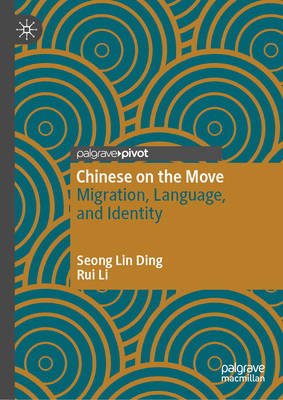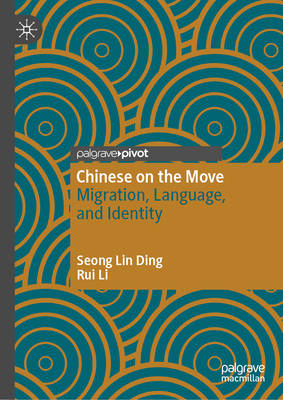
- Afhalen na 1 uur in een winkel met voorraad
- Gratis thuislevering in België vanaf € 30
- Ruim aanbod met 7 miljoen producten
- Afhalen na 1 uur in een winkel met voorraad
- Gratis thuislevering in België vanaf € 30
- Ruim aanbod met 7 miljoen producten
Zoeken
€ 42,45
+ 84 punten
Omschrijving
This book is the first to study the language and politics of identity of recent mainland Chinese migrants to Malaysia. Drawing on a variety of fieldwork data, the volume provides an accessible and succinct view of this 'new' transnational migrant community in multilingual Malaysia. Unlike earlier Chinese migrants (the 'old' Chinese communities) who migrated to Malaysia (previously British Malaya) due to experiencing poverty in China, the 'new' Chinese community in Malaysia comprises mainly students, professionals, migrants who participated in the Malaysia My Second Home (MM2H) programme and individuals who married locals. This book focuses on the experiences of these new migrants from mainland China, how they were received in Malaysian society, the language problems and barriers they faced, their language accommodation and potential linguistic dislocation, their attitudes and identities, whether these shifted over time, and the (in)visibility and social inclusion of these migrants in Malaysian society. It also offers insights and understanding of the dynamic and complex nature of how migrants are inclined towards their 'home' country while adapting to their 'host' society. This book enriches the literature on language use and adaptation in Chinese diaspora communities throughout the world, as well as the politics of language and identity, and it will be of interest to students and scholars of Sociolinguistics, Chinese studies, Asian studies, Migration studies, and Southeast Asian studies.
Specificaties
Betrokkenen
- Auteur(s):
- Uitgeverij:
Inhoud
- Aantal bladzijden:
- 157
- Taal:
- Engels
Eigenschappen
- Productcode (EAN):
- 9783031998270
- Verschijningsdatum:
- 27/09/2025
- Uitvoering:
- Hardcover
- Formaat:
- Genaaid
- Afmetingen:
- 150 mm x 201 mm
- Gewicht:
- 340 g

Alleen bij Standaard Boekhandel
+ 84 punten op je klantenkaart van Standaard Boekhandel
Beoordelingen
We publiceren alleen reviews die voldoen aan de voorwaarden voor reviews. Bekijk onze voorwaarden voor reviews.








